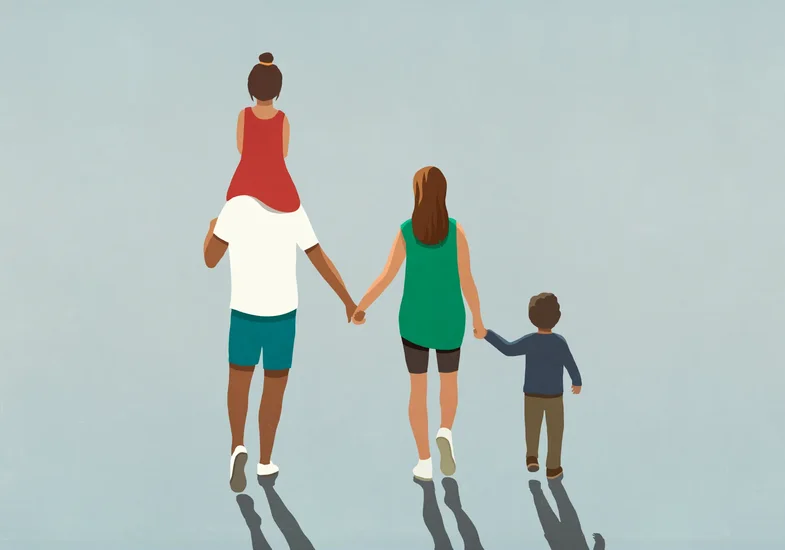
There is a lot of advice circulating in relation to parenting, from what grandmothers say, to close friends, colleagues, etc. Responsibilities, obligations or limits that should be set for children of different age groups are only one side of the coin. Janet Bayramyan, a trauma therapist in California, says there are actually five things you shouldn't do with children if you want to raise individuals with strong, stable personalities.
Here's what it's all about:
#1 You shouldn't put too much responsibility on children
Yes, it is important to teach responsibility, but Bayramyan recommends being aware of how much and what kind of responsibility and pressure you are placing on your children. "It's important to let kids be kids," she says. When parents place adult responsibilities on children, the child learns to ignore his own needs and feelings and finds it much more difficult to develop his sense of self.
#2 Faith in children
It is very important that parents do not trust children 100%, or place their emotional needs on children. Essentially, this signals that the parent has not established healthy emotional boundaries with the child, which over the years is projected into the child feeling the need to engage in various behaviors and situations with people.
#3 You don't care about their feelings
Parents need to stop ignoring their children's feelings because it damages them, causing them to lack self-confidence, experience an inability to regulate their emotions, and further prompts them to seek validation from other people. Addressing your child's feelings and helping them learn to express them in healthy ways is so essential.

#4 You don't care about their needs
Taking care of yourself allows you to take care of your family at the same time. The positive energy you feel about yourself is almost transmitted to the child and this has a positive effect. But, this does not mean that you should not pay attention to the needs of your children. They are just as important as everything else that goes on in your life as a parent.
#5 Making adult conversations in front of children
"Depending on the age of the child, adults talking to children can have negative effects on their mental health," says Bayramyan, explaining that children are sponges and absorb a lot of what they hear. They may not understand the context of the conversation and thus may experience fear, confusion and misunderstanding. This is particularly harmful in cases where a child lacks context and experience and interprets issues as his/her own fault.
Suggested Articles:
Source: Pure Wow





